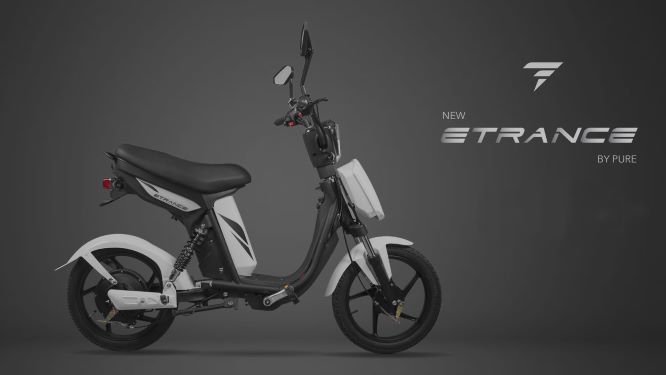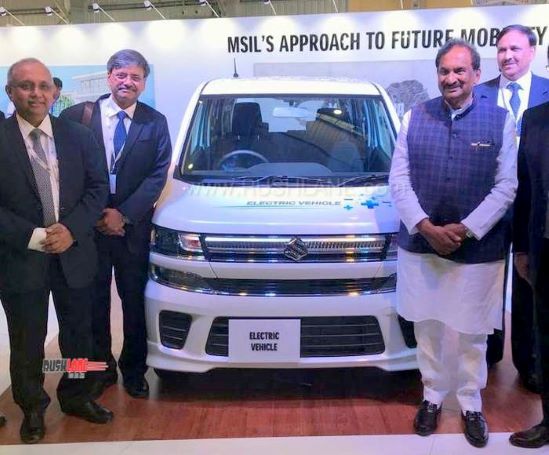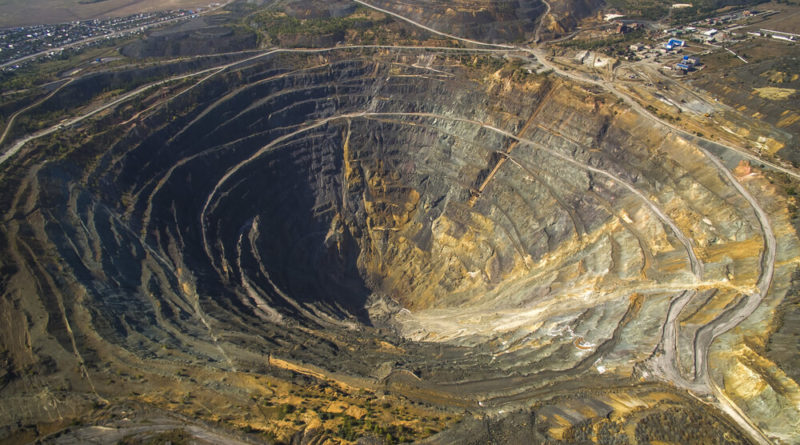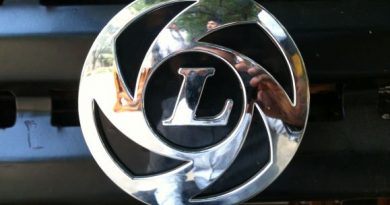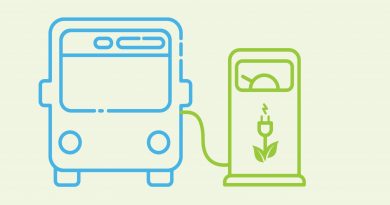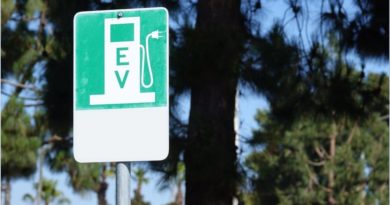Okinawa Scooters Becomes 1st EV Maker To Get FAME II Compliance & Subsidy
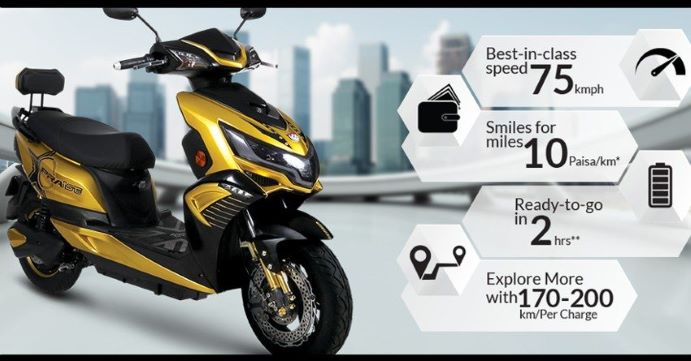
Electric two-wheeler maker Okinawa Scooters on Wednesday announced that it has received regulatory approvals for two models, making it eligible to receive incentives under the government’s FAME-II scheme.
The company has received certificate of eligibility from Automotive Research Association of India (ARAI), the prime testing and certification agency notified by the government, for its lithium-ion products – Okinawa i-Praise and Okinawa Ridge+, it said in a statement.
“With eligibility under Fame-II, our customers will be able to enjoy standard subsidy depending upon the model battery KWH (kilowatt hour). For Okinawa Ridge+ & i-Praise the subsidy would be between Rs 17,000 and Rs 26,000 based on KWH,” Okinawa Autotech Pvt Ltd Founder and Managing Director Jeetender Sharma said.
Under the government’s ambitious FAME II scheme to popularise electric and hybrid vehicles, up to 10 lakh electric two-wheelers powered by new advanced technology battery of 2KWH are pegged to get a subsidy of up to Rs 20,000. Under the scheme, the maximum ex-factory price of an electric two-wheeler to avail of the subsidy is up to Rs 1.5 lakh.
The company said, “With this testing, Okinawa products have met all the government parameters of having a speed of around 40km/h, range of about 80 km/charge, 50 percent localization and incentivizing on the Li-ion battery capacity”.
According to FAME II regulations, electric vehicle manufacturers must ensure at least 50 percent localization in their vehicles in order to become eligible for the incentives. Furthermore, the companies are also required to remain in compliance with Phased Manufacturing Programme (PMP), as directed by the Department of Heavy Industries and Public Enterprises, to receive the eligibility certificate. This certificate is mandatory for registering vehicles under FAME II. Unfortunately, these stipulations took a massive toll on the sales of e-scooters in India last month. Many EV manufacturers, since then, have been complaining that they didn’t have enough time to take steps necessary to ensure compliance.

